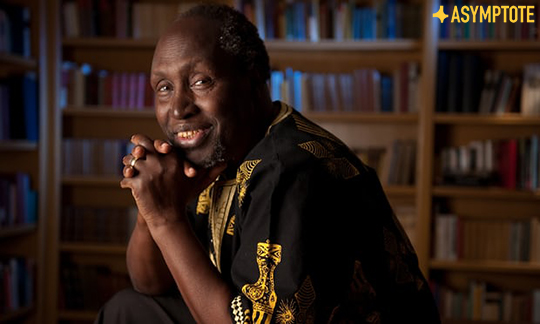This week, our Editors-at-Large report on the literary scene, including literary festivals and debates about educational reforms. From a readathon in Kenya to the Struga Poetry Evenings in North Macedonia, read on to find out more!
Sofija Popovska, Editor-at-Large, reporting from North Macedonia
The greatest literary event in North Macedonia, the Struga Poetry Evenings (SPE), began yesterday with the customary reading of T’ga za jug (Longing for the South), an iconic poem by the first modern Macedonian poet, Konstantin Miladinov. The first event of this year’s festival was the planting of a tree in Poetry Park to honor this year’s laureate and recipient of the Golden Wreath, Vlada Urošević. Previous recipients of this award include W. H. Auden, Allen Ginsberg, Pablo Neruda, and Ted Hughes, as SPE broadened its scope from national to international literature in 1966. READ MORE…


